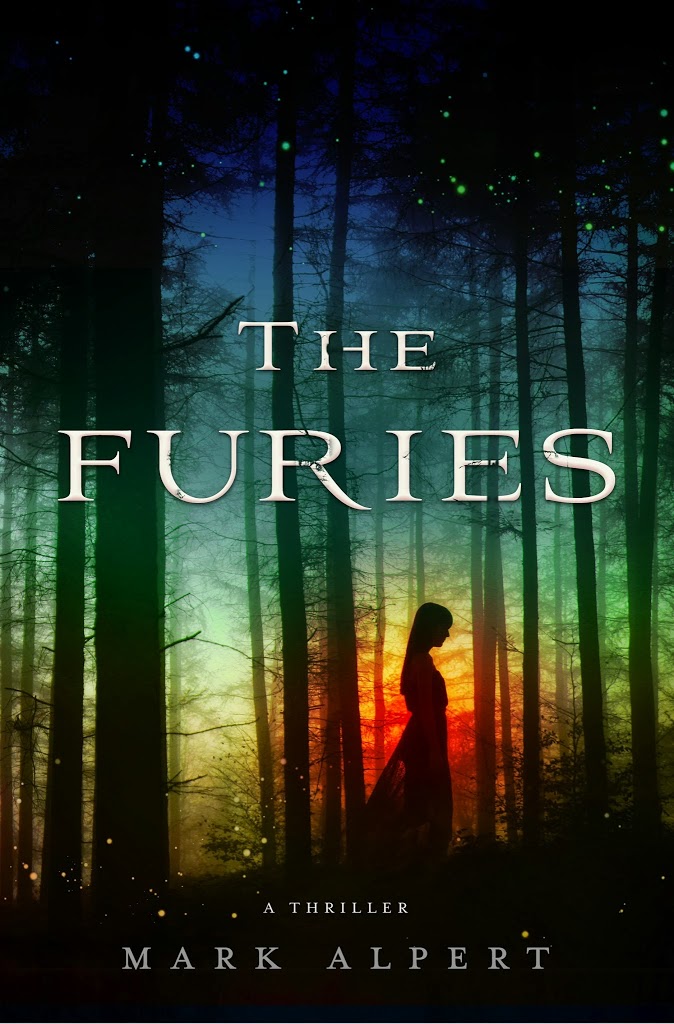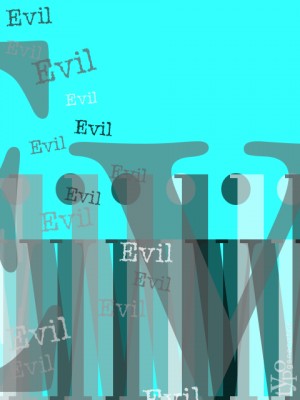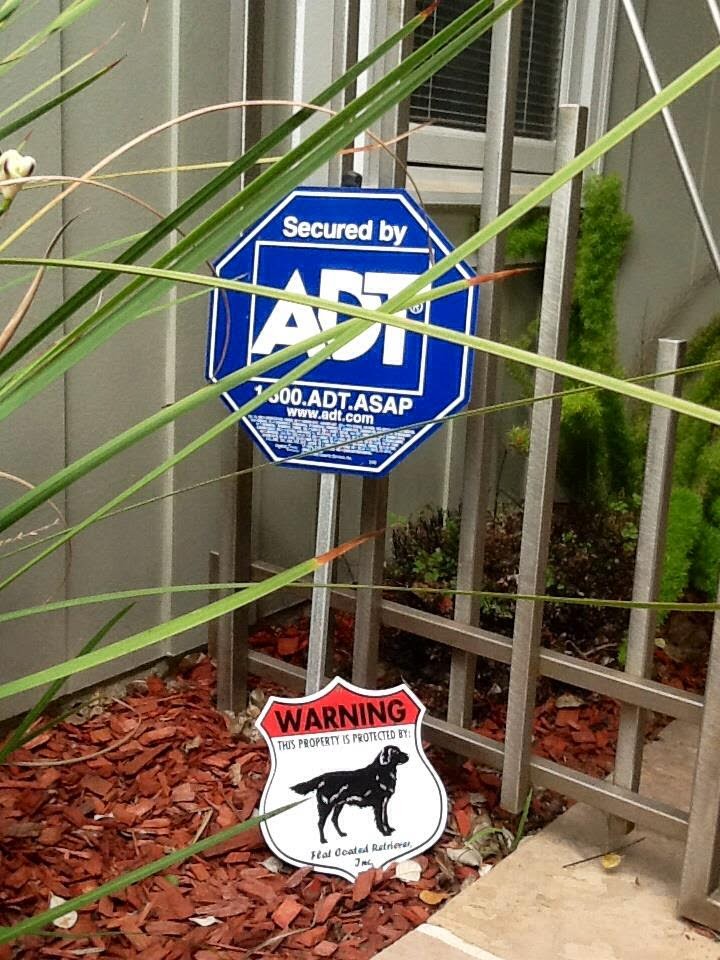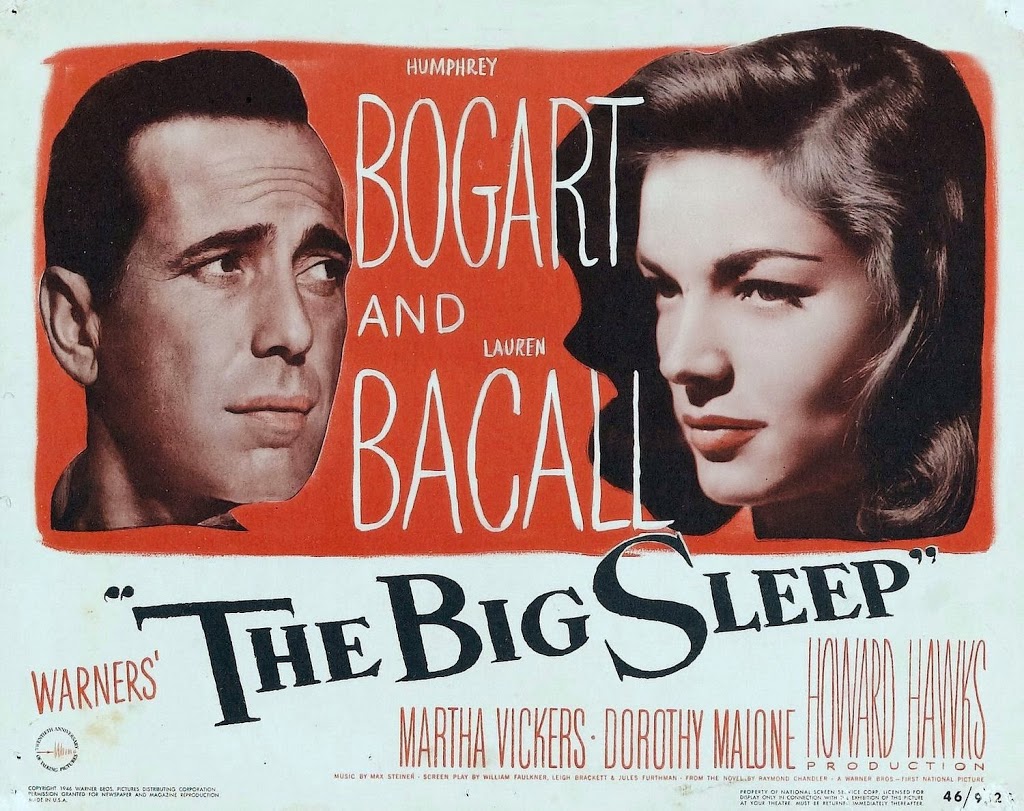Monthly Archives: April 2014
Reader Friday: Redeeming Qualities
First Page Anonymous Submission–Whisper Creek
Here’s an anonymous submission for comments, entitled WHISPER CREEK. Enjoy and my feedback will be on the flip side.
Excerpt: Whisper Creek
The bullets whizzed by his head. How they missed him—he did not know. The night became a blanket of darkness—no light. Mark couldn’t see his hand in front of his face. The only light came from the intermittent flashes from the end of the muzzles pointed at them from somewhere up ahead. He squeezed off several shots from his M16 rifle, then nothing.
Empty.
Gunpowder filled his nostrils. An uncomfortable premonition of fear pervaded his senses.He blinked sweat from his eyes.
Keep it together.
Mark pushed the magazine release with his thumb, inserted another twenty round mag, and pressed the slide release. Locked and loaded. He saw a flash of light up ahead followed by another. Mark steadied the weapon on the meaty part of his shoulder, aimed, and waited. He focused his attention at what lay ahead—the enemy—Charlie—the Vietcong.
When he saw another flash, he fired several rounds at the target. No more flash. The platoon of Marines continued to fight…no matter the outcome they must push forward. Never retreat—never surrender.
Through the noises of gunfire, men screamed in agony from being shot, but the unit continued to move through the jungle. Then a fire settled into his right thigh like a hot poker. Mark realized he’d been shot, but pressed on despite the pain. They all knew what happened to Prisoners of War in Vietnam. A quick death in the jungle would surely be more humane than being tortured by sadistic men in a camp. The warm liquid snaked down his leg, but he refused to stop. If he did, he might lose the momentum to keep going.
Ring…ring…ring. Had those sounds penetrated the darkness? Light began to infiltrate the blackness in the distance. Ring…ring…ring. The noises of gunfire faded. The pain subsided.
FEEDBACK
OPENING LINES:
1.) Bullets whizzed by his head – Think about how this must feel. The noise. The chaos. His not so lucky buddies getting hit around him. In the dark, can he even see what’s going on around him? Does he feel alone in his push to follow his last known orders or is he blindly following others? Every time he moves, he risks getting killed. What’s driving him? My best advice is for the author to stay in the moment and not follow this first line with cliched phrases that take the reader from the immediacy of the battlefield. “How they missed him—he did not know” and “the night became a blanket of darkness—no light (redundant)” dilute what could be an embracing opener. Stay long enough in the moment to put the reader fully in it with their senses.
2.) To convey the chaos of battle, it might be good to shorten the sentences with the bare essence of how Mark is thinking – quick short staccato spurts, rapid fire like the bullets screaming by his ear. The line “the only light came from…” is an example of a description that strikes me as too long to convey the intensity.
3.) M16 is enough of an explanation. Adding M16 rifle reads as redundant, given that Mark is an experienced soldier.
AWKWARD PHRASING:
Gunpowder filled his nostrils – I’m sure the author intended for this to be the stench, but I am visually seeing his nose filled with black gunpowder.
An uncomfortable premonition of fear pervaded his senses – I’m not sure a premonition can be considered part of the 5 senses since it refers to a 6th sense. Rather than “tell” the reader that he’s feeling fear and it’s uncomfortable, it would be better to “show” the reader how Mark reacts to the dark notion that he’s marked or the next bullet is his. How does fear manifest in this guy? Does he develop worsening symptoms of an anxiety attack from the start to the finish of this opener…until he wakes up from his presumably troubling PTSD riddled sleep?
Never retreat—never surrender – I have to admit my thoughts went immediately to Galaxy Quest. Anyone else? (I’m sure it’s just geek me.)
Through the noises of gunfire – This read as awkward to me and it’s repeated in the last lines as well. A distinctive phrase like this would be easily noticed as repetitive. Gunfire is a plural noise, not noises.
FOLLOW LOGICAL ORDER OF ACTION:
A common thing I am seeing in this opener is leaping around with images, rather than sticking with a logical progression and flow to the action. For example, “Gunpowder filled his nostrils. An uncomfortable premonition of fear pervaded his senses.He blinked sweat from his eyes.” We move from the stench, to the bad feeling, to sweat. (This leaping can be seen in the 2nd to last paragraph as well where we too quickly move from gunfire, men dying/screaming, Mark shot, POWs & torture, then back to his leg wound.)
The author would do better to view the battle from behind the eyes of Mark and follow him through the scene, staying within his senses in a natural flow. I would recommend the author look up “PTSD” or “anxiety” disorder symptoms and build them into this scene in a subtle way so Mark builds the intensity of his reactions through the opener until he can’t take it anymore. Symptoms could include: Panic, losing control, chest pain, dizziness, hyperventilation, hot flashes, chills, trembling/intense shaking, nausea/stomach cramps, the feeling of being distanced from what’s going on. Pick the ones that would work best and build them into the scene until the reader realizes/feels his mounting affliction.
ENDING:
Ring…ring…ring. Had those sounds penetrated the darkness? Light began to infiltrate the blackness in the distance. Ring…ring…ring. The noises of gunfire faded. The pain subsided – I’m not a fan of noises being described like this – ring, ring, ring. Anyone else feel the same? In this instant, it does not appear to be Mark’s POV. It’s like an omniscient narrator is observing him from outside his body and making sure the reader knows something is ringing. Would Mark be so aware? I doubt it. I imagine where this is going is Mark wakes up from his flashback or nightmare to the shrill sound of a phone. To someone sleeping, how would that come across more realistically?
Discussion:
If war is hell, so is writing. Thanks to this brave submitter. An exciting scene of being in a battlefield would capture my attention if the author savored the rich sensory experiences and not rush it. The author’s instincts to begin here seem right if the execution could be improved a bit. What say you, TKZers?
Getting over the block
By Joe Moore
I don’t believe in writer’s block. The reason is twofold. First, I’m a professional writer; my job is to come up with ideas. I’ve never heard of a mechanic suffering from mechanic’s block or a doctor suffering from doctor’s block. When I’m faced with an issue in my story, I come up with a solution. That’s part of being a writer.
 Second, when I do get writer’s block, I turn to my co-writer for the answer. OK, so the second reason is not something every writer has to fall back on. Lucky me.
Second, when I do get writer’s block, I turn to my co-writer for the answer. OK, so the second reason is not something every writer has to fall back on. Lucky me.
I think that writer’s block is about being stuck with coming up with ideas, not words. If I can’t come up with the words, I’m in serious trouble. It’s like that mechanic saying he can’t come up with the correct wrench. A master mechanic has a kit full of tools (words); his job is to come up with the correct procedure to fix a problem.
So writer’s block is really a matter of a writer getting stuck for whatever reason. It’s frustrating but not a show-stopper.
First, you need to focus on why you’re stuck.
The most common form of writer’s block is not knowing what happens next. This is basically a plotting issue. The solution can be found in 5 words: What does the protagonist want? If you backtrack to the last point in the story that it was clear what motivated the protagonist’s actions and how it drove the story forward, the answer to what happens next will usually be revealed. Think about the story question. Did you stray from the process of answering it? Chances are you created a scene that does not contribute directly or indirectly in answering the main story question—the big conflict. Starting a rewrite from that point will usually get you back on track.
Another common issue that will derail your story is facing the dilemma of why anything matters. Who cares? This usually deals with the question: What’s at stake. Whether it’s an internal or external struggle, the protagonist must realize that fighting the fight is worth it. If she loses, what’s at stake? What does she stand to lose? If it’s a high concept thriller, what does the community, country, or civilization stand to lose? Reexamining the stakes can help to put you back on course.
A third issue in suffering from writer’s block is facing the crippling question: Is this story logical? In other words, why would it even happen? You might have a really cool idea, but the reality is that no sane person would follow the path laid out by the plot. It’s just not something the reader would buy into. If this is the case, rethink the story in terms of how it relates to HUMAN BEINGS. Don’t get me wrong. Even the most outrageous science fiction or horror stories still have to relate to human emotions and logic. Otherwise, they become 2-dimensional. If your story is so out there that the average reader can’t relate, try reexamining the human aspects of it. Many writers including me believe that there are only two emotions in the world: love and hate. If your story lacks either, then it becomes hard if not impossible to sell the reader on an outrageous, illogical plot. And writer’s block raises its ugly head.
How about you, my Zoner friends. How do you overcome writer’s block?
_______________
Coming soon: THE SHIELD by Sholes & Moore
“THE SHIELD rocks on all cylinders.” ~ James Rollins, NYT bestselling author of THE EYE OF GOD.
Overdoing the fear factor in real life?
As writers and readers, we love to experience a sense of fear. But it’s a different story living in a culture of fear.
We recently moved into a new town, and I immediately noticed how security-conscious the people seem. The email welcoming us to the neighborhood included an attachment with an update on local crimes. There seemed to be a lot of property crime going on. In one incident, a young woman and her father had interrupted a burglary. The intruders tied them up and held them both at gunpoint for hours.
After reading that report, I started getting more interested in the notion of home security. First I made sure we’d covered all the the standard bases of crime prevention–keeping property lights on, having a dog, never leaving doors or windows unlocked. Our alarm system was obsolete, so I met with a series of security consultants from various alarm companies.
That’s when I began to go overboard. We needed motion detectors, I decided, plus interior and exterior video surveillance. (If someone burgles our house, by golly I want to see the guy so I can identify him.)
So now our house is bristling with cutting edge, high-tech security gear. We have a video monitor that lets us see various angles of the property. At night, the displays are infrared. (So far the only intruder we’ve caught is our male cat on the prowl for a midnight treat.) We even have panic buttons on our key fobs.
Now I’m thinking I went too far with the whole security thing. I’ve become a regular listener to the police scanner frequency. Then there are all the alerts. Our system lets me know whenever someone approaches our front gate. It also alerts me whenever a bird, butterfly, or errant leaf passes by. I’m collecting an impressive video library of local wildlife.
 |
| MacGregor, fearsome watchdog. |
Does the new system make us feel more secure? For me, it’s had the opposite effect. Putting in all these security contraptions has actually made feel more vulnerable. It’s illogical, but I felt safer in my previous state of uninformed bliss.
But for now, woe unto any Luna moth who strays across our portal after dark. He better smile for that camera.
 |
| “Do you feel lucky, Moth?” |
Do you live in a culture of fear? Or do you still have that lovely sense of being immune from danger as you go about your daily life? I wish I had that back.
Agents – the Good, the Bad and the Ugly
Recently Nathan Bransford posted a piece entitled “8 ways to know if you have a good agent” (if you want to read it, here’s the link). Given Jodie’s post last week on unethical freelance editors, I thought it might be timely to re-examine what makes a good (and bad) agent.
Nathan provides a list of things to consider when choosing an agent (or, if you have concerns about your current agent, a list to consider when evaluating whether these are justified). Basically he says that your agent should:
- Have a proven track record of sales and/or works for a reputable agency
- Be a good communicator (meaning he/she should reply in a reasonable time to emails and doesn’t dodge or hide)
- Either live in New York or visit on a regular basis
- Be able to explain every question you have about your contract or your royalty statements
- Be completely ethical in how they approach their job (and they should advise you to behave ethically)
- Pay you on time and send you contracts in a timely fashion
- Charge you a commission of 15% on domestic contracts, 20% on foreign contracts and deduct very transparently for reasonable expenses like postage and copying
- Be someone you feel comfortable with (i.e. you should be able to trust and feel good about your agent – going with your gut is key).
Most of the items on the list are pretty self-explanatory (though I’ve included clarifications where needed) but they also underscore the need for writers to research an agent before agreeing to receive representation. Given the number of issues regarding unethical freelance editors highlighted by Jodie in her post last Monday, I wonder how many writers are now falling prey to more unethical agent behaviour.
To the last item on Nathan’s list (feeling comfortable with your agent), I would add that this doesn’t necessarily mean feeling warm and fuzzy all the time. I feel like trusting and being comfortable with your agent means that you not only know that they will champion you and your work but that they will also be your best (and sometimes harshest) critic. I don’t want an agent who is happy to send out just any old material – I want someone who keeps me on the top of my game and who provides editorial input on how to make a manuscript the very best it can be, before it goes out to publishers.
Just as Jodie pointed out when looking for a freelance editor, there are similar pitfalls when searching for an agent. I can’t stress enough that you have to do your homework. As with anything, there are many predators out there more than willing to take your money for very little in return (and who can easily hang out their shingle on the internet based on fraudulent claims/testimonials).
So what do you think of Nathan’s list? Is there anything you would take issue with, or add? How have you approached the issue of researching agents? Have you discovered any further pitfalls that we may not have discussed?
Use Your Noggin To Get Lots of Ideas
The Movie Was Okay, but the Book…
Reader Friday: Your Favorite Thriller Sub-genre?
Kill Thoughtfully
By Elaine Viets
In my first mystery, “Backstab,” I had a character named Lee the Rehabber. I killed him. In fact, in that book I slaughtered folks like a serial killer on a rampage.
Then I had to write the second book in the series. That’s when I discovered I needed Lee again. He was smart, funny and city savvy.
Too bad he was dead. Not only dead but autopsied. I had to come up with another character, and he wasn’t as good as Lee.
That taught me a lesson about writing a series – kill wisely and with restraint.
I also learned not to nail down the family details. In my Dead-End Job series, Helen’s father is dead. She has a disapproving mother and a younger sister. But how many uncles, aunts and cousins does she have?
I’m not sure. I just finished my 13th Dead-End Job mystery and I may need a long-lost relative.
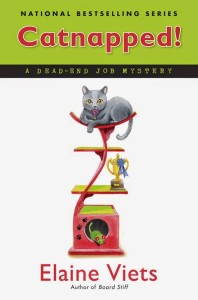
One of my friends discovered she had a half sister. Her mother – a homemaker – confessed that she’d had an unwanted teenage pregnancy and given the baby up for adoption. Forty years later, Mom broke the news to her bewildered daughter. My friend went to meet her half-sister at her mother’s insistence. She decided the woman was nice enough, but the only thing they have in common is DNA. They may exchange Christmas cards, but they’re not going to be best pals. 
I tucked away that tidbit for future reference.
I was equally vague with Phil Sagemont’s past. He’s Helen’s PI husband, and he has an ex-wife named Kendra, but that’s all we know about him. Phil’s extended family could be useful for future mysteries.
I was really glad I never made up my mind whether Margery Flax, Helen and Phil’s seventy-six year old landlady at the Coronado Tropic Apartments, was married or divorced and if her husband was dead or alive. Helen and Phil weren’t sure either. The two private eyes noticed Margery never displayed any photos of her husband, but felt they had no right to investigate a friend.
Good thing I kept Margery’s marital status vague. In “Catnapped!,” my 13th Dead-End Job mystery, Margery’s husband walks back into her life. Here’s the scene.

Helen and Phil barely passed the umbrella table when an older man appeared at the back gate. He didn’t walk up. He seemed to materialize.
Helen stared at him. He was Margery’s match in every way: dramatically handsome with an unconventional edge. Six feet tall, slender, with broad shoulders and thick hair like fine white silk. Blue eyes. So blue Helen could see the color from this distance. He wore Florida dressy casual: crisp, blue fitted shirt, rolled at the forearms, white linen slacks and boat shoes.
His bouquet of purple flowers belonged in an Impressionist painting.
“Margery!” he said, striding toward her with the flowers. “Margery, my darling, I’m back.” He knelt at her feet.
Margery jumped back as if she’d been attacked, and knocked over her chair. Her lit cigarette rolled across the concrete. “You!” she said. Her eyes were fierce with rage.
“I love you, Margery,” he said. “I always have. I know purple is your favorite color and brought you these.” He held out the bouquet. Helen could see velvety lavender roses, pale fragrant lilacs and star-shaped asters.
“I don’t want your damned flowers, Zach!” Margery said. She hit him in the face with the heavy bouquet.
“Get out!” she said. “Get out and don’t come back!”
But Zach does come back, until he’s murdered and Margery is jailed for killing him. The man’s definitely dead. But this time, I’d killed thoughtfully.
Check out the book trailer for “Catnapped!” here
http://www.elaineviets.com/new/Misc/trailers.asp
Enter my contest to win a free Dead-End Job mystery at www.elaineviets.com Just click on Contests.

